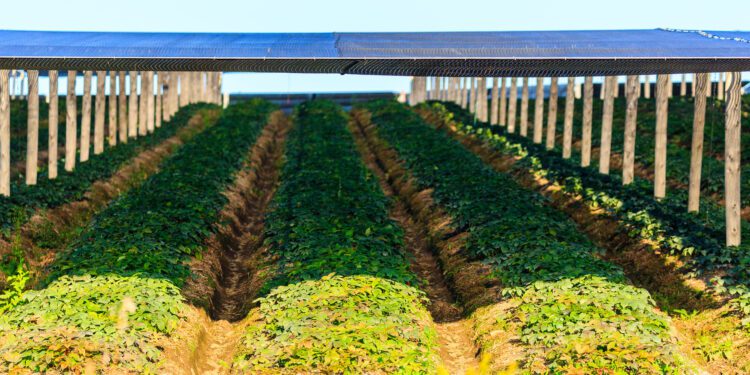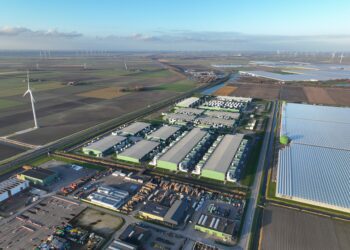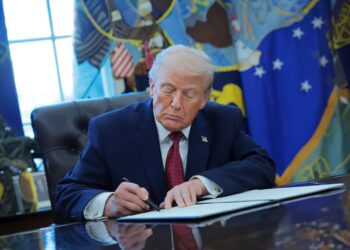The cool woodlands of central Wisconsin boast soils packed with Ice Age mineral deposits that make the area perfect for the cultivation of ginseng, a medicinal root that has been exported to Asia for more than 300 years.
Sliced and used in tea or ground into capsules, ginseng root is touted as an energy- and immunity-booster that can also reduce stress and improve memory. The bulk of the harvest is dried and shipped to China.
Nearly all U.S. ginseng is produced in Marathon County, Wisconsin, where growers say the soil and climate produce top-quality roots with a distinct flavor, just as the “terroir” of specific wine regions affects the taste of grapes. Central Wisconsin, known as the “Napa Valley of American ginseng,” produces crops that fetch premium prices in global markets.
But now, U.S. trade tensions with Beijing, a sluggish Chinese economy and strong competition from cheaper Canadian supplies are squeezing the niche industry that generated $14.7 million in U.S. exports to China in 2024, according to Chinese customs data.
It’s not profitable anymore,” said Joe Heil of Heil Ginseng Enterprises, a 30-year veteran of ginseng farming. A generation ago, Wisconsin had 1,400 growers, Heil said, while now the number is fewer than 70.
Costs for labor, fertilizer and other inputs “are through the roof, so we’re not surviving,” Heil said. “We’re just kind of slipping away.”
TRADE WARS POSE NEW PROBLEMS
Trade wars have compounded problems for ginseng producers, sparking an escalation in retaliatory tariffs between the U.S. and top buyer China before the two countries struck a temporary truce in May. Hostilities resumed this month with renewed threats over rare earths ahead of a planned meeting between U.S. President Donald Trump and Chinese President Xi Jinping.
The volatile moves have rattled Wisconsin’s ginseng growers and complicated business planning for a small industry based on finicky plants that need three to four years to produce marketable roots.
“It’s made making rational decisions hard because you don’t know what you are supposed to be doing,” said Nick Sandquist, general manager at Hsu’s Ginseng Enterprises.
Some ginseng operations, including Hsu’s, have been relying on diversified income streams while the trade war plays out. Hsu’s operates a garden supply division while Joe Heil, a fourth-generation farmer, has expanded into growing hemp and hemp-derived cannabidiol (CBD) products.












